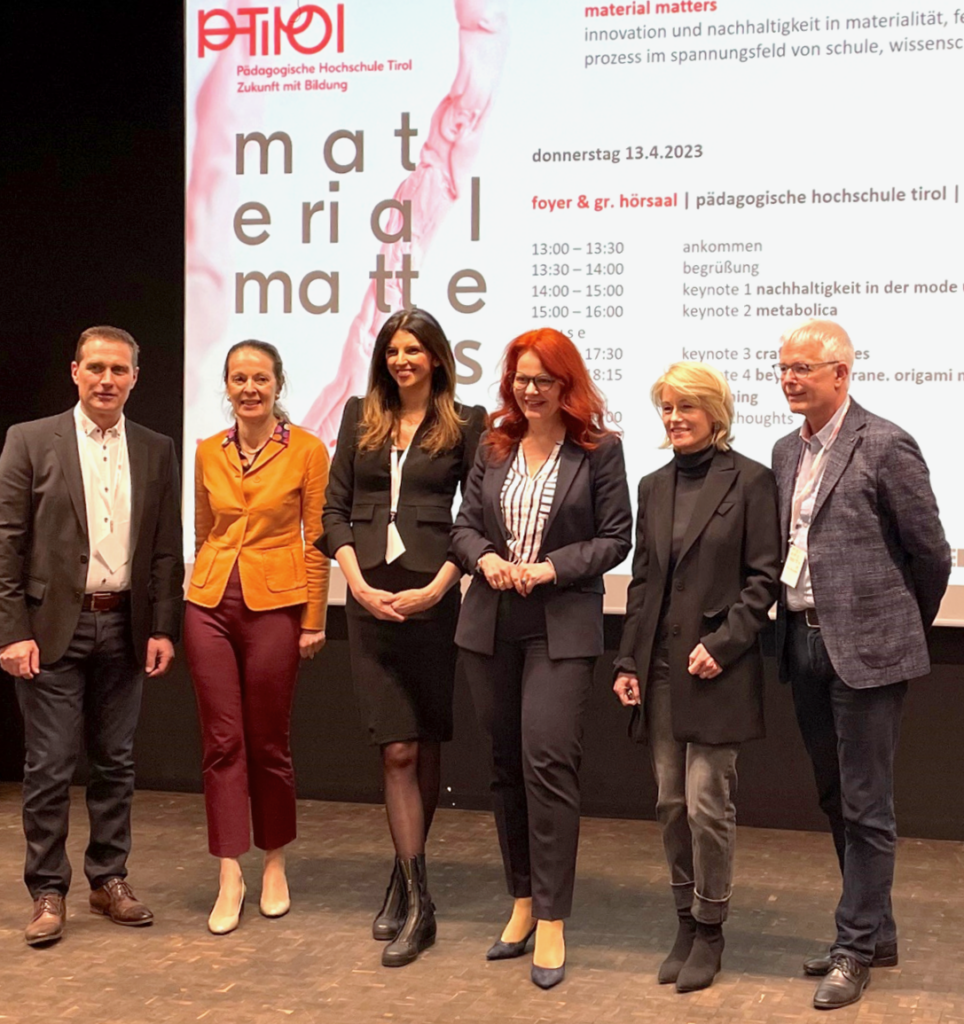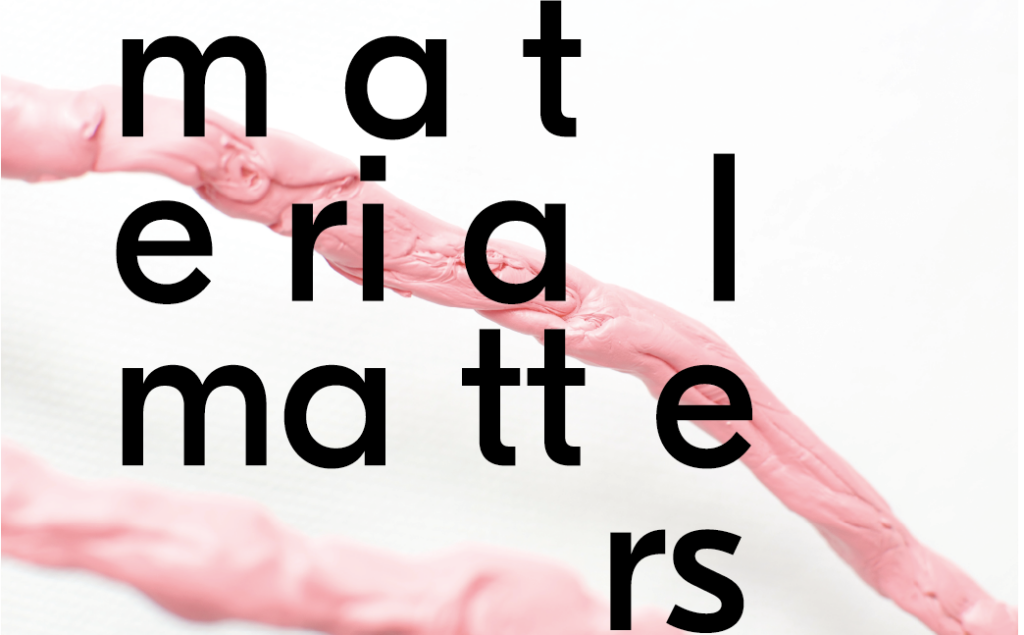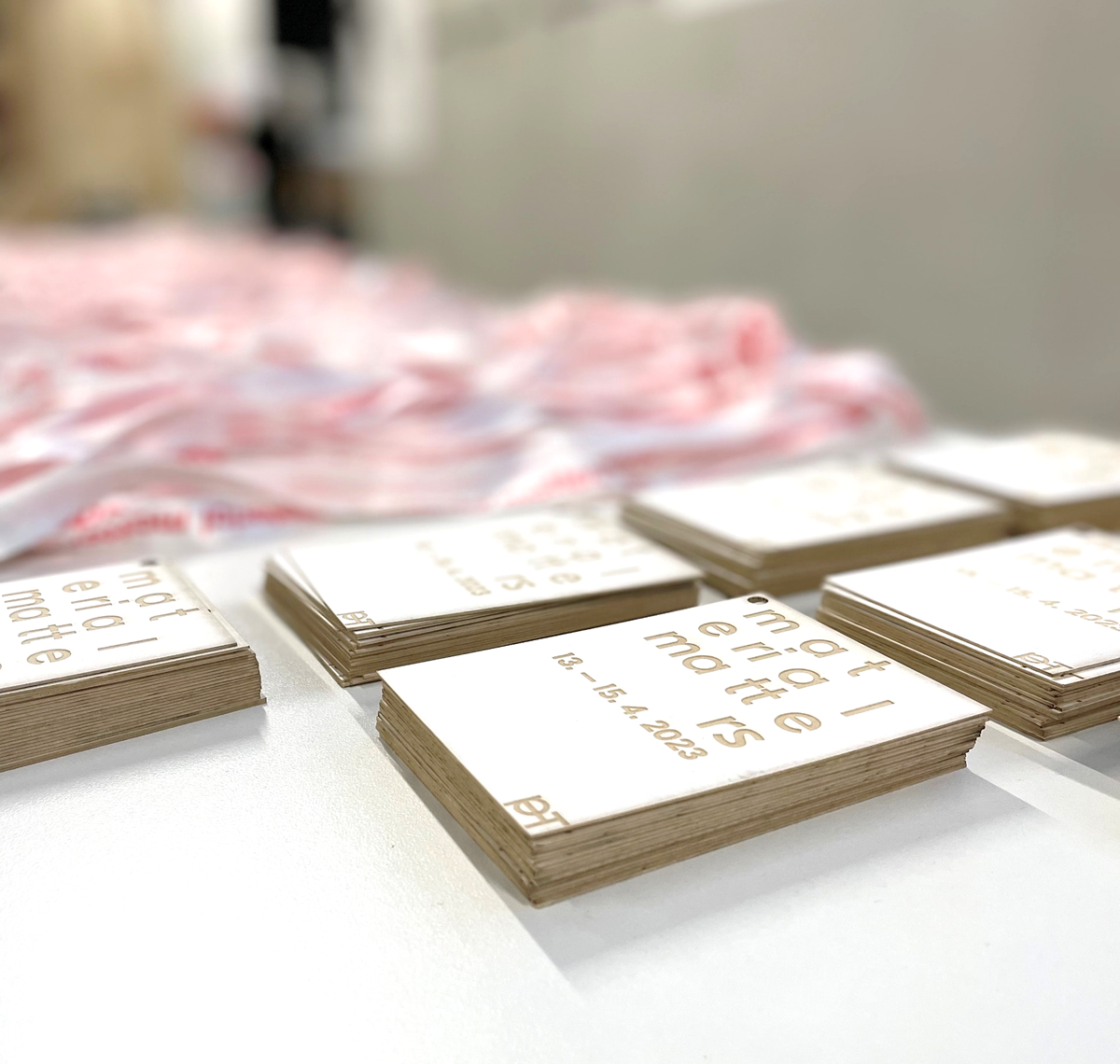Sustainability has become an increasingly urgent and relevant topic in our society, and it is crucial to address it at every level, from home to school. Recently, teachers from all over Austria gathered at the ph Tirol, the University College of Teacher Education Tyrol, to discuss the integration of sustainability into education. This blog post explores the significance of art and work pedagogy in promoting sustainable practices and highlights the inspiring contributions of experts in various fields.
Art and work pedagogy play a vital role in cultural education and personal development, as they align with contemporary educational goals. These subjects offer diverse opportunities for students to actively participate in social, cultural, and technological changes. With a focus on technical-functional and formal-aesthetic perspectives, art and work pedagogy should be given a more substantial presence in school curricula. The 2nd Art and Work Pedagogical Conference in Tyrol 2023 aims to further develop the understanding of subjects such as Technology+Design and Art+Design, encouraging innovative approaches to sustainability.
During the conference, attendees were treated to inspiring keynotes by renowned experts in their respective fields. Thomas Feuerstein, a freelance artist, and professor at the Institute of Experimental Architecture/Studio3, shared his valuable insights.
Integrating Microbiology and Environmental Engineering: To achieve a comprehensive understanding of sustainability, it is essential to include scientific disciplines like microbiology and environmental engineering. Judith Ascher-Jenull and Christian Ebner, both Senior Scientists at the University of Innsbruck, contribute their expertise in these areas. Their valuable research and knowledge can shed light on sustainable practices and their implications for our environment.
The Role of Fashion Industry and Design: Simone Rossmann, a product designer with extensive experience in the fashion industry, offers a unique perspective on sustainability. Having studied at prestigious institutions like the University of Art in Linz and the Rietveld Academy in Amsterdam, Rossmann’s insights into fashion and design are invaluable. Her work highlights the importance of incorporating sustainability principles into the fashion and luxury industry, challenging conventional norms and paving the way for a more sustainable future.
The conference also welcomed Vienna Textile Lab, which delivered an inspiring presentation by Karin Fleck. Fleck explored the exciting possibilities of integrating microbial colors into school-level education. In addition, the exhibition showcased the exceptional jacquards created by Julia Moser and the captivating runway collection of Sophia Katherina Wameling. Both displays beautifully demonstrated the harmonious blend of art, fashion, and sustainability.

Empowering Teachers and Students: At the heart of sustainable education are motivated teachers who strive to bring sustainability into the classroom. The conference served as a platform for teachers to exchange ideas and explore innovative ways to introduce sustainable practices in their teaching methods. Educating children about the impact of materials and empowering them to make informed choices is vital for a sustainable future. While microbiological techniques and sustainability are not yet fully integrated into the curriculum, events like this conference help bridge the gap and encourage progress in these areas.

The 2nd Art and Work Pedagogical Conference in Tyrol 2023 Material Matters brought together educators, scientists, and designers to promote sustainability in education. By emphasizing art and work pedagogy, integrating scientific expertise, and exploring the fashion industry’s role, the conference highlighted the importance of sustainable practices. It is through such collaborative efforts that we can empower teachers and students to embrace sustainability and pave the way for a more sustainable future.




